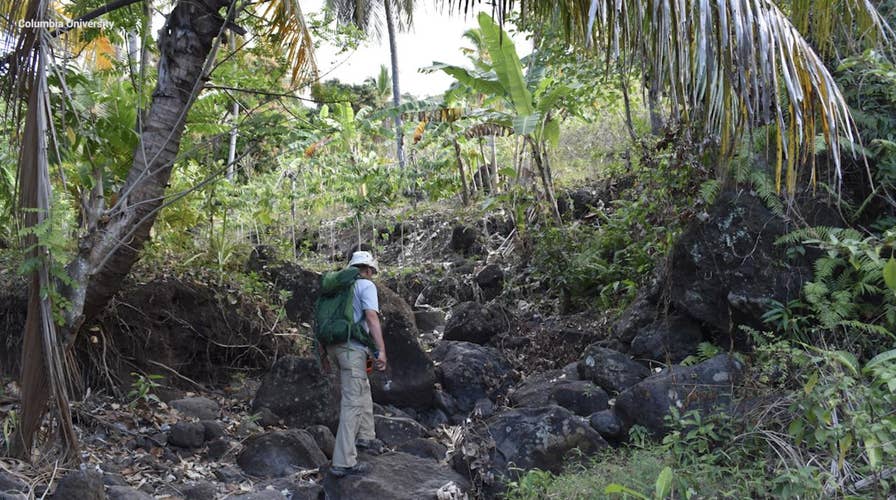'Impossible' discovery found on remote island off African coast
A group of researchers at Columbia University have discovered an oddly large amount of quartzite on a small island between Madagascar and the eastern coast of Africa.
Researchers have found rocks on a small island between Madagascar and the eastern coast of Africa, a discovery that has been described as mysterious for one very important reason — they shouldn't be there.
The rocks in question, quartzite, were discovered by researchers at Columbia University, thanks to a grant from the National Geographic Society. They had heard about them from a number of different media reports, but were finally able to confirm the presence of the quartzite, which is usually found in areas that have high temperatures and pressures, for themselves.
“This is contrary to plate tectonics,” said Cornelia Class, a geochemist at Columbia University, in a blog post. “Quartzite bodies do not belong on volcanic islands.”
EVIDENCE OF LOST CONTINENTS FOUND BENEATH ANTARCTICA'S ICE
The quartzite makes up one half of a mountain on Anjouan island, a 400-square-mile island that is part of the Comoros Islands. Like the Hawaiian island chain, Anjouan formed due to volcanic eruptions, which makes the presence of quartzite on the island all the more interesting. "All those years, it has bothered me that I didn't understand how those rocks got there," Class told Live Science.
The presence of quartzite is not the first non-volcanic rock to be found on the island, Live Science added. In the 1980s, there were "scattered outcroppings" of quartzite, but nothing like the discovery Class and her team found in September 2018.
More information and study is needed to determine just how much quartzite is on the island, as well as determine where it came from. One explanation has been continental and tectonic plate drift, but the chemistry of the volcanic rocks on the island don't correspond with any association of a continental crust, Live Science added.
CLICK HERE TO GET THE FOX NEWS APP
"This is what nature presents, sometimes," Class added in her interview with Live Science. "It's something we consider impossible, but then we find it, and once we find it, we have to explain it."









































